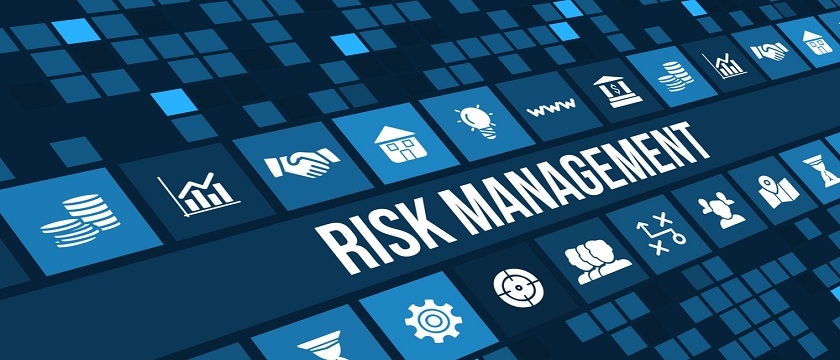Risk Management as a part of start-up planning- A process to ensure the sustainability.
Making risk assessment as a part of new business planning will lead business on the road to success for SMEs in India
Recently I had a new client seeking to set up a food processing unit in his hometown. He wanted a full pledged DPR (Detailed Project Report) analysing the issues, challenges and the opportunities. After all, he is not new to this business. He has been running the same business in a rented facility for 15 years which the owners wanted him to vacate.
What was surprising is that he asked me to incorporate detailed risk analysis. It is surprising because normally SMEs seek DPR only as a formality to be submitted to the bank. They hardly devote attention to read and analyse whether the assumption and the explanations are in sync with their expected outcome for which they are planning the new venture.
On the contrary, he was demanding to analyse the risks and proposing risk management measures. Though he is a veteran in this industry and has seen the up and downs, still he felt that he needs to take a look at the risks afresh and take measure ab-initio to secure a stable future for his business. After deliberations spanning more than two hours, we narrowed down to top five risks which are important for his business.
Why should it be part of the business plan?
While preparing a business plan we always make positive predictions about things in a certain way that we wish to see. However, it may not follow the expected line in reality because the impact is not always in our hands. There are many external factors when it comes to the real business world. They will always influence the realization of our plans. Not, only the realization, but also the results you will achieve in implementing the specific plan. Because of that, you need to look at these factors through the prism of the risk if you want to be able to implement an appropriate management process during the implementation of your business plan.
Secondly, the margin of error is very small in the startup stage:
By and large, SMEs in India initiate new project mostly raising funds from Banks and NBFCs to finance their new business. Debt has obviously fixed repayment schedule irrespective of the performance of the new project. Secondly, for SMEs in India, it is difficult to raise another round of funding in case project gets delayed or financial performance does not improve due to any external or internal factors. Hence the thorough analysis of risks before embarking on the project will strengthen the case or success of the project.
The basic characteristics of risk are the following:
- The risks are uncertain: Your entrepreneurial venture will be too easy if it is easy to predict possible risks for your company. The biggest problem is that the risks are uncertain and its likelihood of occurrence is probabilistic. Here we are talking about the future, and we want to prepare for that future. So, the risk is partially unknown because it will possibly appear in the future, not now.
- The risk for your business will change over time: Because your businesses operate in a highly dynamic environment, you cannot expect that it will be something as the default. You cannot expect that the risk will always exist in the same shape, form or consequence for your company.
- The risk can be predicted: It is something that if we want, we can predict through a systematic process. If you have appropriate risk management process installed into your business, you can easily predict the risk.
- The risk can and should be managed: You can always focus your resources on eliminating or reducing risk in the areas where it is expected to appear.
The process of Risk Management:
The process of identifying risks, assessing risks and developing strategies to manage risks is known as risk management. A risk management plan and a business impact analysis are important parts of your business continuity plan. By understanding the potential risks to your business and finding ways to minimise their impacts, you will help your business recover quickly if an incident occurs.
Types of risk vary from business to business, but preparing a risk management plan involves a common process. The risk management plan should detail your strategy for dealing with risks specific to your business.
It’s important to allocate some time, and resources for preparing a risk management plan and a business impact analysis before starting a venture. This will help you to make the business sustainable and can reduce the likelihood of an incident negatively impacting your business.
A risk management process will need to cover the following elements:
- Defining risks– Where is the most significant risk for my company?
- Determining the indicators– What will be the risk for my company? How will I measure the risk for my company?
- Monitoring all those risks– Is the specific risk indicator appear during the operation?
- Taking concrete activities to deal with the risk– What can you do regarding the risk?
- Monitoring of implemented activities– Are the taken actions regarding the risk the right measures?
- Revision – Can you improve something regarding the risk management process? Is there a need for new risk indicators?
Conclusion:
Devoting attention to major risks before embarking on a new project has many positive implications for SMEs in India for making the venture successful. It improves the preparedness among the entrepreneurs to face any contingencies.
Further Reading:


